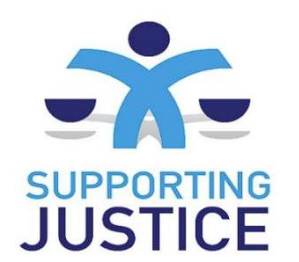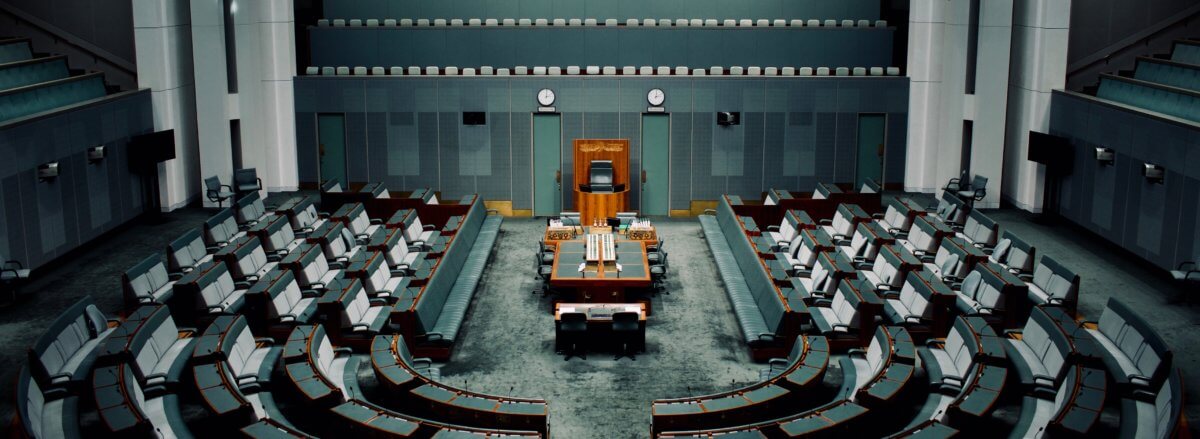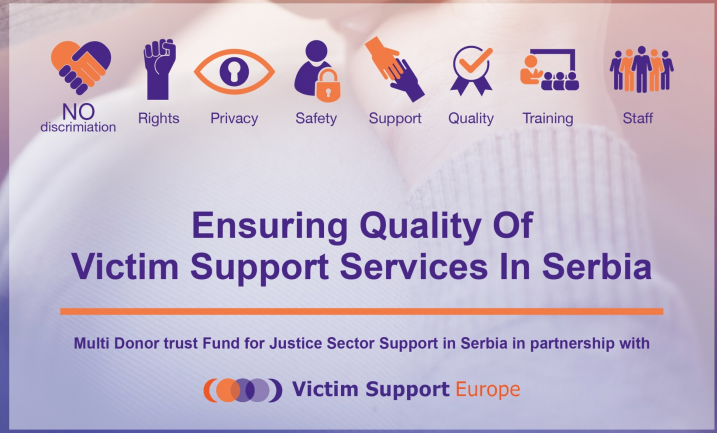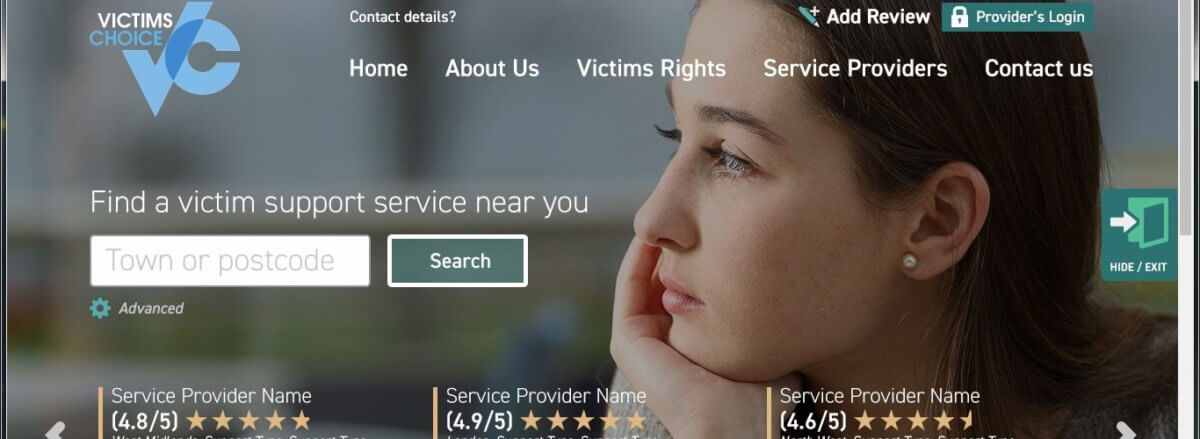One could be forgiven for thinking that the only melting pot for discussion on Brexit is the House of Commons (although television studios and indeed, the environs surrounding parliament have also come into their own); but, of course, our parliament comprises two houses and the House of Lords is also playing an important role as the clock ticks towards March 29th. A recent debate in the Lords raised some interesting and concerning issues.
The Debate
On a “motion to take note” focused on the proposed UK – EU security treaty (European Union Committee Report), took place in the House of Lords on 16 January. Which offered an important insight into a matter of real significance that has, on the whole, not generated a lot of attention, comment or exposure in the media.
Lord Jay opened the debate by referencing the House of Lords as the “calm and thoughtful” end of the Palace of Westminster and it is hard not to agree. He articulated three salient points from the report which was published in July 2018. The report supported the government’s three principal areas for future UK-EU security co-operation – extradition, partnerships with EU agencies such as Europol, and access to law enforcement databases – and considered how the UK’s engagement with the EU in each of these areas may be affected during the transition period and under the future UK-EU security relationship.
The Analysis
The outlook doesn’t appear especially positive with or without a withdrawal agreement. Even if the agreement negotiated by the Prime Minister were to benefit from a Lazarus like revival there would still be concerns about some fairly significant issues: yes, we would still participate in EU agencies and information sharing mechanisms until the end of the transition period but not, however, be able to participate in the management bodies of EU agencies or opt in to new measures in the areas of freedom, security and justice; extradition arrangements could also be disrupted; and, the report concluded, it’s unlikely that an overarching internal security treaty could be agreed before the end of 2020.
Data Sharing
Europol, data sharing, extradition, European Criminal Records System (to which no non EU country has access) are all issues relating to our security (the first and most important responsibility of any government) and it would be fair to say that we cannot rest easy at the moment. Just one example: UK-EU security relies on the exchange of data and, at present, this can be retrieved almost instantaneously. There is no guarantee, post Brexit, with or without a deal, that this would not take days or weeks, generating a hurdle for policing and a concomitant threat to public safety. If we have no deal at all the latest reaction from the National Crime Agency gives us even more cause for concern.
It’s in this overall context that the debate in the House of Lords was welcome and enlightening. It’s easy to forget (with sometimes more or less gentle nudging by the popular press) that the Lord’s is filled with many distinguished, knowledgeable, erudite, public spirited, thoughtful and reflective individuals. Take, for example, Lord Bach who made a useful and thought provoking contribution to the debate. Lord Bach is the police and crime commissioner for Leicestershire and Rutland and, in his former incarnations, has ben a minister in the departments of Justice and Defence and a shadow foreign minister and shadow Attorney General. Quite an impressive resumé.
Moving Forward
As he points out, even with a deal, there would but be twenty one months during the transition period in which to negotiate comprehensive agreements covering all the areas previously highlighted as giving rise to concern. The current, vital agreements, play an important and positive role in policing and will not easily be replicated; they have added greatly to the efficiency and effectiveness of policing both here and abroad. As Lord Bach highlights, we would be seeking future agreements as a third party, albeit a special third party, and, despite best efforts, it can take many years, if not actually be impossible, for agreements to be reached between the EU and outside countries.
With European parliamentary elections and a new European Commission due this year the actual time to negotiate may, in effect, be reduced from twenty one to fifteen months. Should no agreement be possible in that timeframe (even the more generous of the two) it runs the risk, says Lord Bach , of directly affecting the security of people’s lives in both this country and the EU. This, he rightly notes, would be unforgivable.
Trade, immigration, parliamentary sovereignty: all important and all generating diverse opinions. But it’s important not to forget that security and the need to keep us safe is the primary concern of government. That’s why we should be concerned about what happens next – it’s not an abstract concern but one that goes to the very heart of how we live our lives.
Security
We can easily become complacent. For many years the crime figures seems to have been telling us that crime is falling and that we are safer than we have ever been. The latest figures tell a different story. And in a rare television interview the former head of MI6, Sir John Sawers said this: “Any form of Brexit makes our security more difficult to manage”. As the clock ticks towards March 29th the debate in the House of Lords and the comments from those who have been charged with our safety and security are matters that deserve and need to generate rather more attention and concern.






















